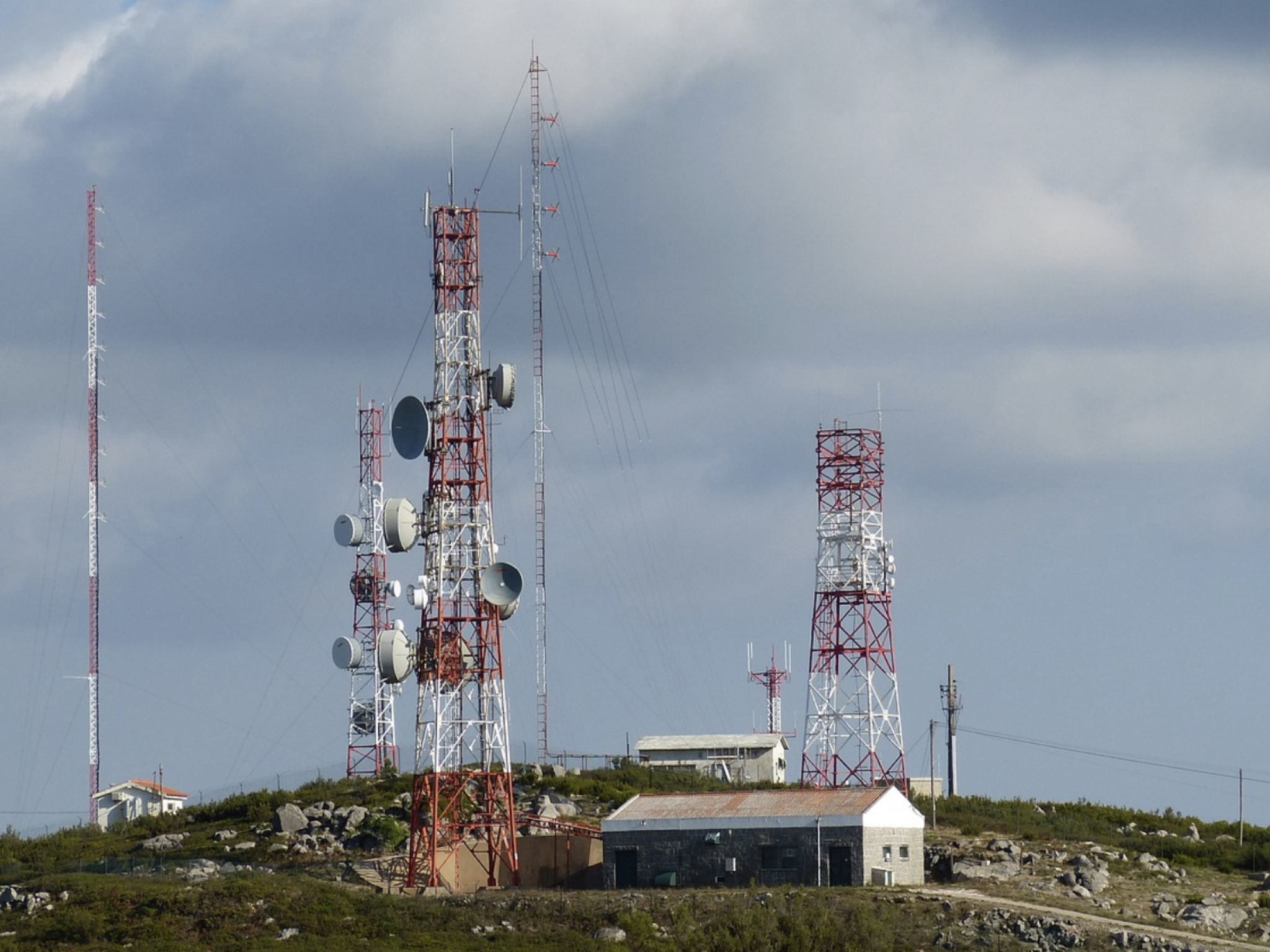
During what was arguably the worst internet outage in the country, nearly 10 million Canadian residents were left without internet and mobile services beginning at 4:30 a.m. two Fridays ago.
What happened: Customers of one of the largest telecommunications companies in Canada, Rogers Communications Inc. (TSE: RCI.B) lost internet service because of what the company described as a maintenance update in its core network, which caused some of its routers to malfunction.
Customers flocked to coffee shops and public libraries in search of connection. It took 15 hours for service to resume, and two days later, some customers reported they still didn't have service.
The system breakdown was more than just a disruption to online streaming or mobile messaging; it was a major blow to several key sectors across the country. Emergency services were limited, payment and banking services were down, people were unable to work, and businesses were unable to operate fully.
Lara Morgan said she struggled to contact emergency services for help after her son was injured with a suspected spinal injury during a rugby match. Talking to The Globe and Mail newspaper, Morgan said she eventually found a non-Rogers mobile phone user, only to discover that ambulance services were also struggling to dispatch paramedics because they also relied on Rogers network.
Rogers has offered to credit its customers with five days of service following the network disruption. According to a statement released via its Twitter Inc. (NYSE:TWTR) account, the move is the first step toward regaining its customers' trust.
A number of legal experts have said the offer is inadequate. Richard Leblanc, a professor of governance, law and ethics at York University, argues that the damages caused by the outage are broader and cannot be quantified by the five days.
Rogers serves nearly 11 million wireless and 2.25 million retail internet subscribers and would have to credit up to $75 million in the third quarter, according to an estimation by Scotiabank.
Why it matters: Rogers, BCE Inc. (TSE: BCE) and Telus Corp. (NYSE:TU) control 90% of the telecommunications market in Canada, a country some reportedly feel should revisit its telecom policies to prevent oligopoly.
“Today’s outage illustrates the need for more independent competition that will drive more network investments so outages are far less likely,” said Antony Lacavera, managing director of investment firm Globealive.
Earlier this year, Canada’s antitrust agency blocked Rogers’ $20 billion attempt to take over its competitor Shaw Communications Inc. (TSE: SJR.B), saying it would lessen competition in the country, where cellphone rates rank the highest in the G7 (Group of Seven) countries and Australia.
Featured photo by Falco on Pixabay







